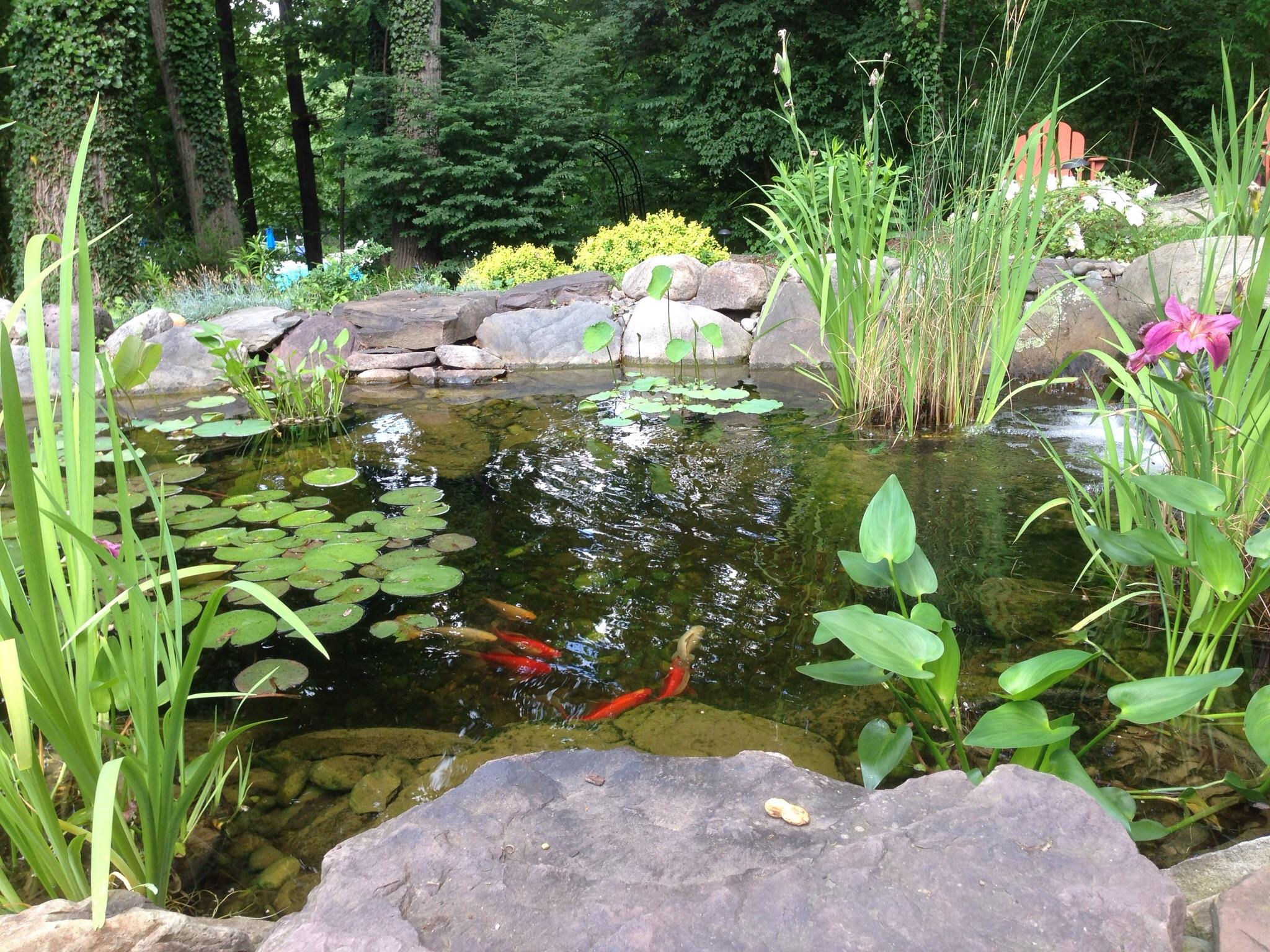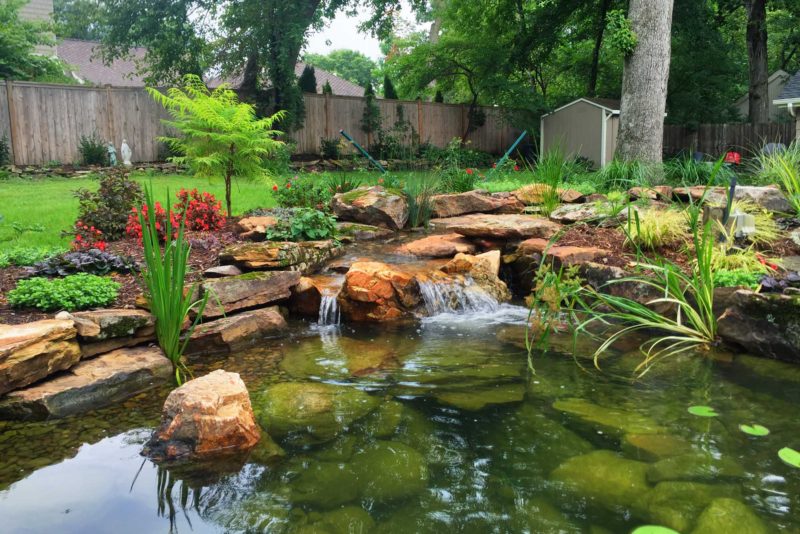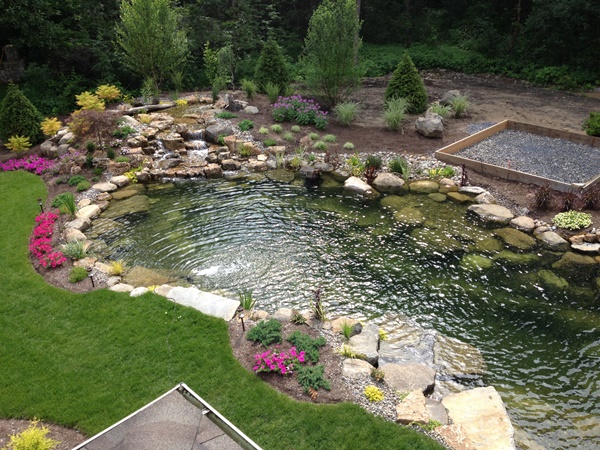How to Maintain Your Garden Pond

Are you thinking about installing a pond in your backyard? Here are some smart things you should consider!

A garden pond can add a touch of serenity into an outdoor space. However, it is essential that homeowners care for the pond throughout the year, as well as any fish so that they can enjoy the various benefits of the tranquil water feature! Without regular maintenance, it might not be long until the beautiful addition to your garden is overrun with plants and weeds or the water becomes unhealthy for fish. Thankfully, occasional cleaning and maintenance can keep these problems at bay. To effectively care for the water feature throughout the years, find out how to maintain your garden pond.
Routine Cleaning
As beautiful as ponds can be, they can, unfortunately, accumulate much debris and dirt over time. Thankfully, routine cleaning can keep the pond fresh and healthy. To maintain a pond, you’ll need to use a skimmer net to remove any leaves or debris from the water. A pond vacuum is an essential investment, as it can remove mud laying at the bottom; however, always leave a little behind to support some algae growth.

Deep Clean Every Autumn
Give your pond a deep cleaning during late autumn, as that is when most creatures are less active. To get started, ensure you have a holding tank for your fish or deep-water plants, which must be stored in a shaded area. If it isn’t cloudy, add some pond water into the tank. To drain the water, you will need to purchase a pond pump, and you must remove any fish from the pond once they become visible. You can find high-quality pumps and additional maintenance equipment at Water-garden.co.uk. Once you have removed decaying plant material, add it to the side of the pond, so any mini creatures will have an opportunity to return. The next step is to remove any silt sitting at the base, and then scrub the liner with a brush and water. Once you’re happy, refill the pond with rainwater, position your plants and then return your fish or other creatures.

Top Up Your Pond During Summer
Hot weather or wind can result in water evaporating in a pond, which can decrease the water level. Unfortunately, this can pose a threat to your fish, as there will be less oxygen available. To keep your fish safe, top up your pond during summer with rainwater from a butt and avoid tap water as it can lead to algae growth. However, if you do use tap water, it is vital you do so in small amounts gradually, as this will prevent you from shocking your fish with cold water.
Melt Ice During Winter
Ponds will freeze over during colder temperatures, which can be a major problem if it features fish. If it does freeze over, place a hot pan on the surface of the ice to melt it. Alternatively, you could purchase a pond heater to prevent icing from occurring during winter. Never be tempted to smash ice, as it could result in shockwaves that could potentially harm your fish. So, if you would like to keep your pond in excellent condition throughout the seasons, remember the above tips.







Leave a Comment